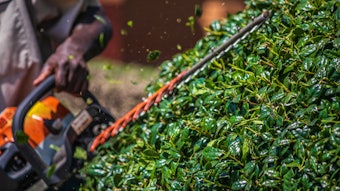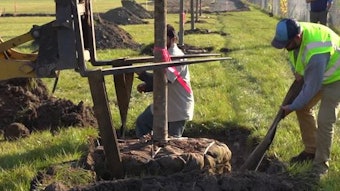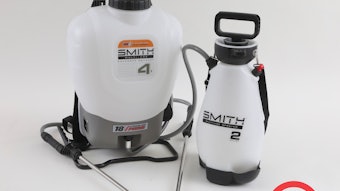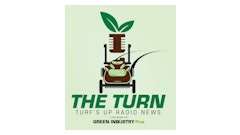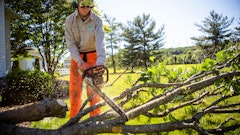
Landscaping material producers know how challenging it can be to churn out quality end products like mulch, compost, soil blends and aggregates. In many cases, what separates average producers from those who excel can be summarized in one word: screening. Producers who scrutinize sizing consistency and source material can create compost and soil blends that will have customers lining up to purchase. At the same time, producers who do the bare minimum are forced to rely on tip fees as a primary income source.
Some landscaping material producers have a hard time justifying adding a trommel screen to their operations because it feels like they’re adding an extra step to their process. This can be a very short-sighted view. In addition to producing high quality materials, screening has several additional benefits, ranging from making the composting process more efficient, to producing a wider range of end products and supporting business growth.
What may seem like an extra step in a company's production process could actually have benefits. Here are four benefits of screening landscape materials that illustrate why screening organic materials in a facility should be considered.
Helps minimize compost times
Compost is one of the fastest-growing markets for landscaping material supply companies. According to the Compost Research and Education Foundation, soil health is dependent on organic material (the essence of compost) to provide aeration and sustenance for biological diversity. Furthermore, compost is an environmentally friendly, effective alternative to chemical fertilizers and can be used for everything from growing crops to maintaining healthy-looking turf.
However, many producers struggle with consistently producing compost to keep up with customers’ needs. Organic material can take a long time to break down, especially to the sizing preferred for planting and spreading for turf growth. The windrows or stacked piles have small fines, but the material needs to be screened to separate them. Using a screener gives producers an efficient way to pull out that finer material for retail. They can then add the chunkier material back into the composting piles or sell it for use in other markets where sizing isn’t as much of a concern.
Helps produce high-quality end products
Compost production should not be the only application that utilizes screening equipment. Employing a screener can aid in producing mulch, soils, or aggregates. For such types of landscaping material, there is a strong customer preference for consistency in product sizing.
Many landscaping material producers are using screens to create high-quality topsoils and landscape rocks and even to screen milled asphalt for reuse. Regardless of whether they are bagging their end products or selling in bulk, any inconsistencies in size or presence of contaminants can reflect poorly on the producer and could potentially impact future sales.
Assists in creating soil blends
Developing proprietary soil blends is a method that businesses can use to distinguish themselves from competitors and attract more customers. By combining topsoils with compost and other organic materials like sand, companies can create blends that promote plant growth for gardening or as topdressing.
Most landscaping material producers create soil blends that work tremendously well in their geographical area, something that can’t be purchased at a big box store. In many cases, seeing just how well these blends promote plant growth is often the best marketing they can do to attract new customers, and they can usually charge a premium for these end products.
Supports business growth plans
Screening equipment can be a significant addition to landscaping material operations, not just for quality control but also for business growth. The ability of screening equipment to help produce more and higher quality end products and reduce compost curing times is evident. Central to these benefits is the potential for facilitating business growth.
Many producers have reported that adding a trommel screen has been a game-changer for their business. They used to struggle with selling and, in some cases, would give away the material they were producing. With the addition of a trommel screen, they report that their end products are often sold before they’re made, freeing them up to take in even more organic material for processing.
Value of screening
Screening equipment isn't just an additional step in the production process for landscaping material producers. Instead, it's a strategic investment that can lead to significant benefits. The value of screening is clear, from minimizing compost times and producing high quality end products to creating unique soil blends and supporting business growth. As such, producers should consider the potential of incorporating screening into their operations as a means to improve output and expand their business.
